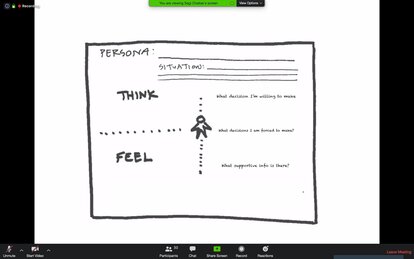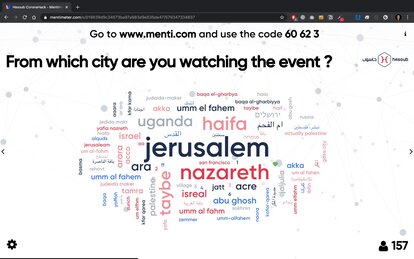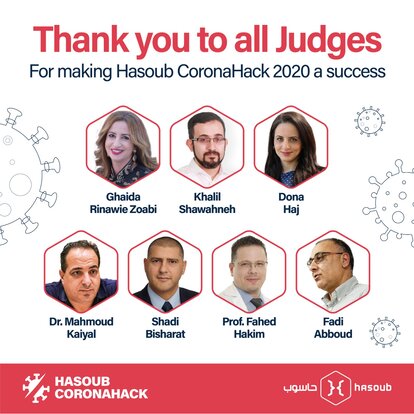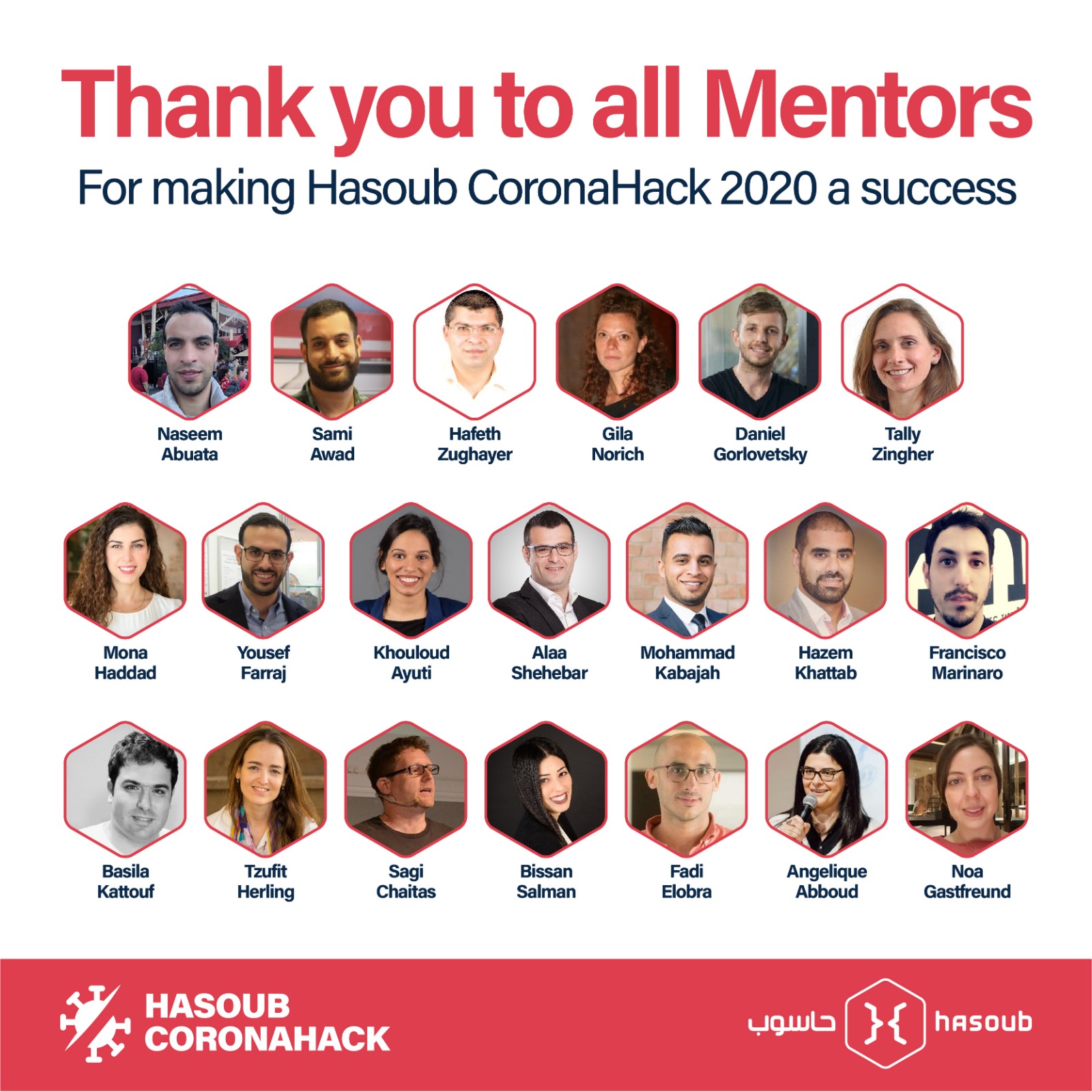Innovative Solutions
Hacking the Virus
Israel with its 6.000 start-ups is widely known as a leading start-up nation. However, the start-up ecosystem is concentrated in the Tel Aviv metropolitan area, where 60% of all high-tech jobs in Israel are located and 77% of the high-tech companies operate.
Peripheral areas in the far North and South of the country are rather cut off from the entrepreneurial powerhouse in the center region and are hence missing out on the economic and social benefits, which the innovation industry is generating.
Israel’s periphery is populated by Israel's Arab Palestinian citizens who account for 21% of Israel’s population and by descendants of Jewish immigrants, mainly from Arab countries and from the former Soviet Union. Ever since, these areas have been subject to neglect and chronical budget deficits, which created deep cultural, economic and social gaps between the center and the periphery of the country. Next to government initiatives, which in recent years seek to upgrade economic development in the marginalized areas with rather modest success, it is, as it is often the case in Israel, in particular Israel’s vivid civil society, which is paying a vital contribution to ease the ills and to enhance efforts to close the gaps.
One of these brave civil society actors is ‘Hasoub’ (Arabic “Computer”), an Arab grass root NGO, which aims at economic and social change in the marginalized Arab society. FNF Jerusalem is supporting Hasoub in its efforts to empower Arab university students and early stage entrepreneurs with knowledge, skills, networking and resources in order to build up a striving start-up culture in Israel’s Arab society.
Last week, with the Corona crisis in full gear, FNF-Jerusalem collaborated with Hasoub in a special activity, which proved that innovative incentives can also come from the periphery. Hasoub mobilized its entrepreneurial communities and actors of the Arab society to come together in a virtual hackathon competition to find innovative solutions for Covid 19 related challenges. Like in all the other countries, also in Israel the Corona virus has altered peoples’ life substantially. With the economy brought to a hold, the health system stretched to its utmost limits, with the schools closed and people locked up in their houses, the country finds itself in a state of emergency. Unlike in previous cases, the current emergency situation is affecting Jews and Arabs equally and “for the first time Arabs feel that they are part of a crisis and also part of the nationwide effort to fight this crisis”, says Rabea Zioud, founder and CEO of Hasoub. “With a substantial part of Israel’s medical staff being Arabs, it is important that we equip the Arab community with the necessary skills and challenge ourselves to contribute solutions to the Coronavirus pandemic in Israel and the world”, Rabea points out.
160 people of various professional backgrounds followed Hasoub’s call to participate in its virtual CoronaHackathon competition, in order to collaborate on innovative ideas to hack the virus and get lives of citizens back on track.
Moving the hackathon to virtual platforms made it possible for people from different geographical locations in the country and even beyond the green line, like the West-bank and Gaza, to participate. The participants came from various educational and professional backgrounds, including healthcare, business and management, education, software development, hardware engineering, marketing and branding, graphics design, finance and banking, even high school kids.
20 Arab and Jewish mentors, from the business and high tech field accompanied the 19 teams in their ideation and prototyping process. In the course of 8 content workshops, participants were empowered by vital knowledge and skills related to topics like ideation and prototyping, pitching and story-telling, impact entrepreneurs, UX and video editing. The teams addressed different Corona related challenges faced in the health sector, in the business world, in vulnerable populations, entertainment and logistics.
On pitch night, the top five technologies presented their projects to the judges, to mentors and their colleagues - and explained how their work will contribute to solving challenges caused by the Covid-19 crisis. After the presentations, the audience had the chance to vote online for their favorite innovative project. Among the three winning teams is a digital learning platform, an automated body temperature-measuring device for shops and a platform connecting Covid 19 patients with each other, with doctors and social workers (see below).
1. Warsha - Due to the current Covid-19 situation, a lot of people are stuck at homeunemployed and are not spending their time wisely. ‘Warsha’ provides a platform
where volunteers can host interactive live workshops and people can easily join them. Target audiences are people who want to invest their time into learning new subjects interactively, and people with special abilities or skills who are willing to share their knowledge.
Target group - Communities.
2. GuardU - To reduce the risk that infected people enter shops, hospitals and other public and private places, their body temperature is measured. This is done by staff at the entrance who are thereby exposed to the risk of being infected. ‘GuardU’ developed an automated body temperature and vitals measuring device which is installed at access points, automatically directs sensors of the device at the foreheads of persons entering and performs the measurement. This saves employees of the task and risk to measure manually and possibly get infected.
Target group - Hospitals, stores, clinics.
3. تطبيق يد (Yad Application)- Because of a lack of social interaction between patients, there is a need for these patients to get help and mental support locally from health workers and social workers, and still have their information confidential. The solution proposed for this problem is a platform that allows patients to connect with one another, and with doctors and social workers according to their locality. It also supplies the user with reliable information regarding the pandemic.



